Plants or Crops
All Plants or Crops Content
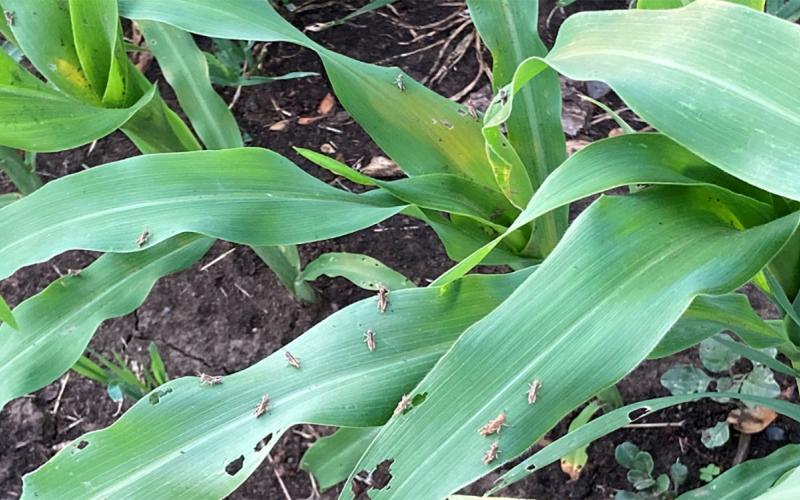
Monitor Crops for Grasshopper Activity
Abundant precipitation throughout much of South Dakota has resulted in less grasshopper observations. However, in areas where grasshoppers were an issue in 2023, they are starting to show up again.
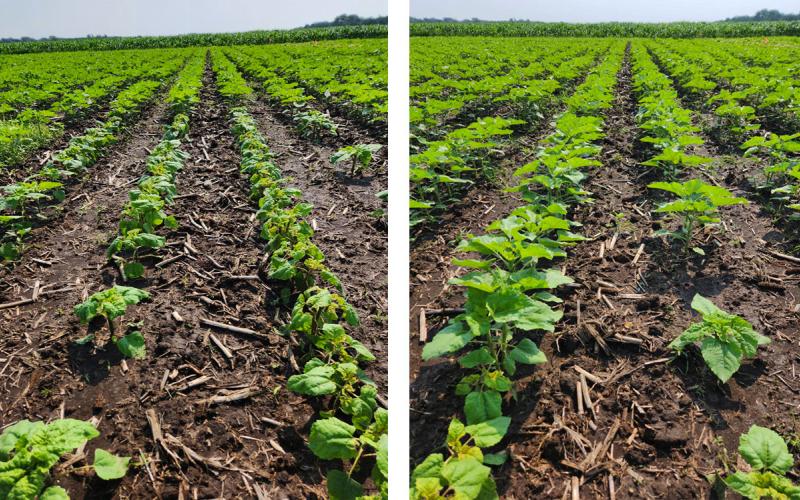
Would you rather know or assume? A reminder to check varieties before spraying.
No matter how busy you are this growing season or in the future, you should never be too busy to stop and take a few minutes to double check herbicide types and crop varieties before spraying.
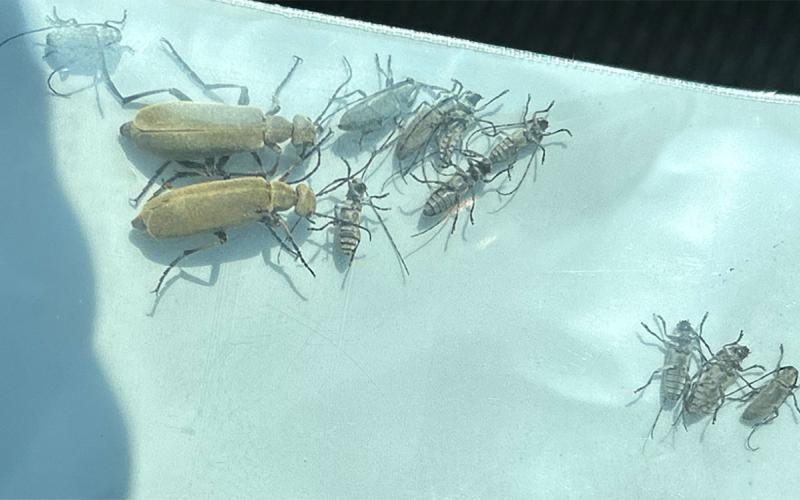
Dectes Stem Borer Adults Are Active in Soybean
SDSU Extension is again surveying soybean in South Dakota for Dectes stem borer adults. After a slow start this growing season, large populations of beetles were observed in soybeans last week.
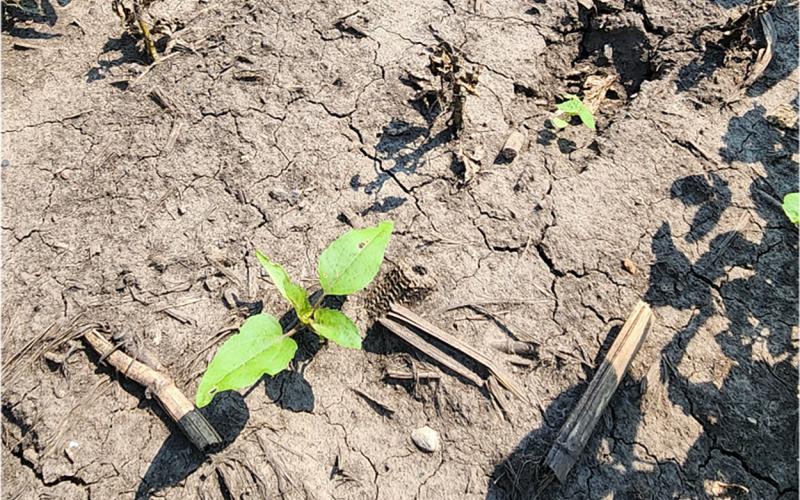
Excess Moisture and Heat Will Likely Increase Weed Growth and Germination
With warmer temperatures on the horizon, crop growth and development is set to rapidly increase, and so is weed growth and germination. Learn some expert tips for scouting and managing later-emerging weeds.
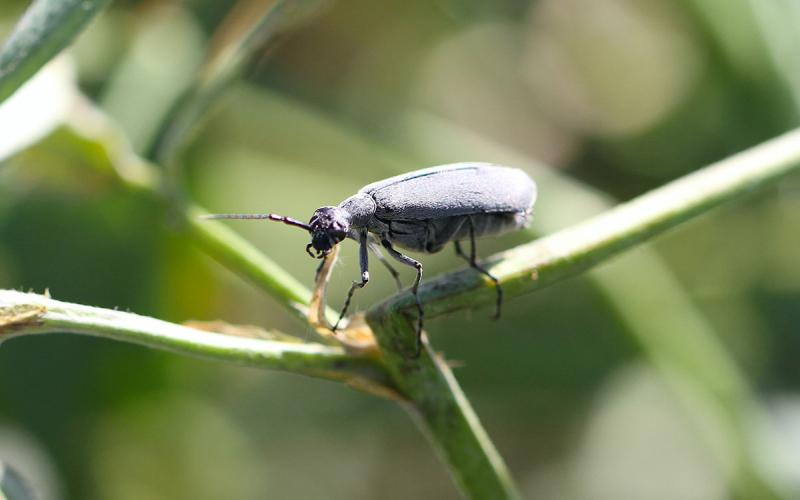
Blister Beetles Are Ramping Up
Within the past week, blister beetles have become a common appearance in South Dakota alfalfa. While we managed to avoid early infestations this year, fields should now be monitored prior to harvest for the remainder of the growing season.

Cybersecurity Vulnerabilities in Precision Agriculture
Fact sheet on cybersecurity vulnerabilities in Precision Agriculture
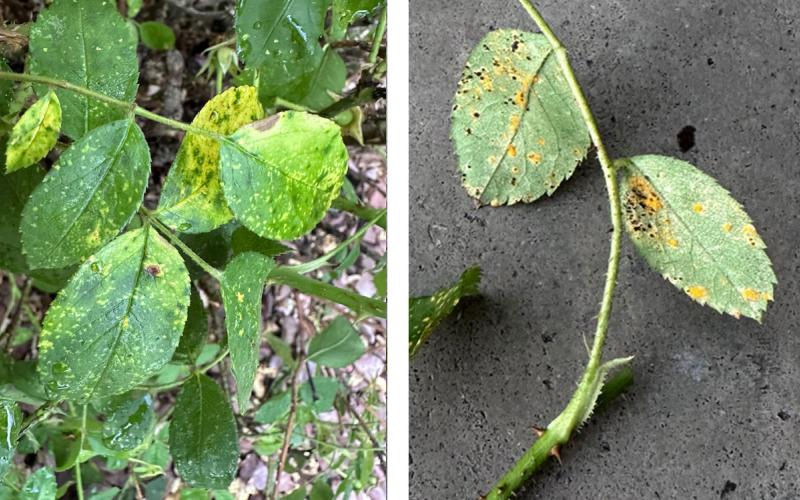
Rose Rust
Common rust of roses is a fungal disease that is found throughout the United States. While hot and dry summers limit the prevalence of the disease, it surfaces when weather conditions are cool and wet.
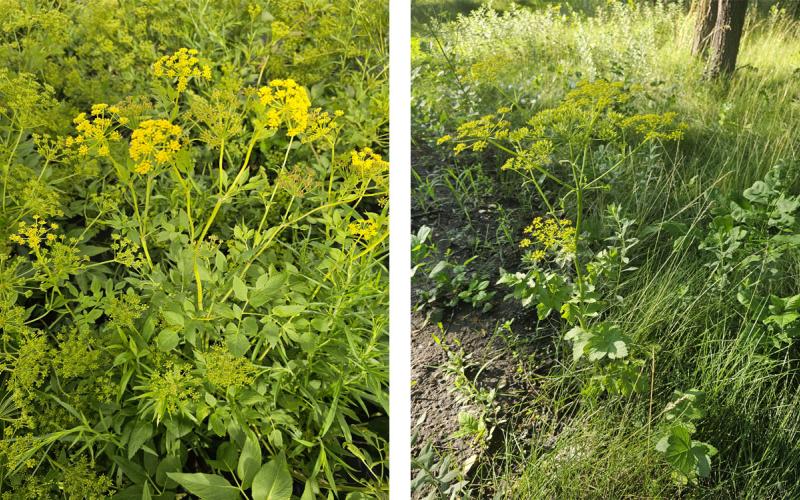
Plant Look-Alikes: What’s the Difference Between Golden Alexander and Wild Parsnip?
Golden alexander (Zizia aurea) is a striking native plant in South Dakota. However, another plant in this region often mistaken for golden alexander does not belong here and contains a harmful toxin.
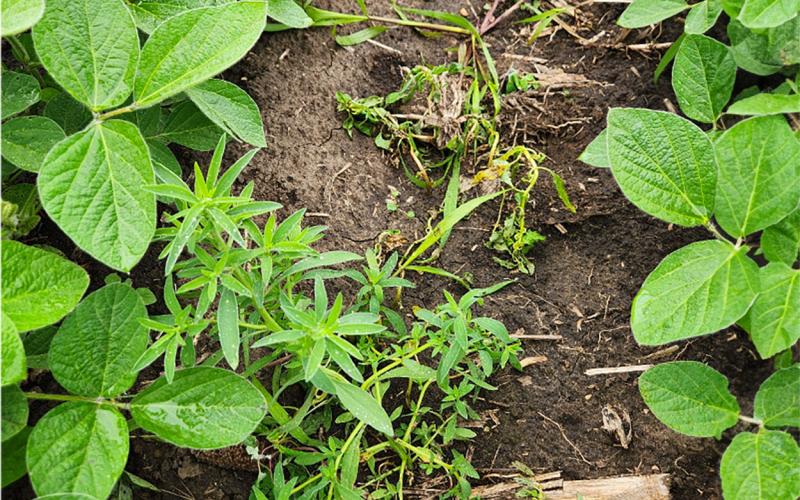
Reminder: One herbicide in the postemergence application will likely not be effective
The SDSU Extension Weed Science Project is currently conducting a plethora of field research evaluating weed management in soybean. One study is investigating the effectiveness of 2,4-D and tank mixtures applied one time to 4-inch weeds.
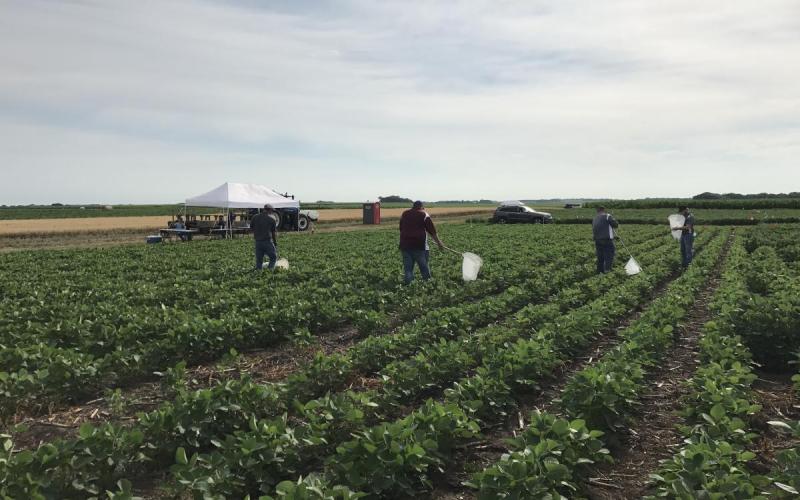
SDSU Extension hosting Integrated Pest Management Field School
July 08, 2024
South Dakota State University Extension will host an Integrated Pest Management Field School on July 23, 2024, by Volga.